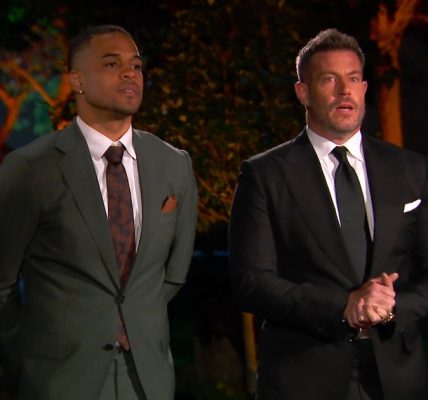Director Halina Reijn passionately defends the controversial age gap relationship featured in her latest film, Babygirl, which stars the acclaimed Nicole Kidman alongside Harris Dickinson. The film delves into the complexities of modern relationships, particularly those that challenge societal norms regarding age differences. As audiences engage with this thought-provoking narrative, it raises important questions about the dynamics of power, attraction, and societal expectations.

In Babygirl, Nicole Kidman takes on the role of a powerful CEO who risks both her career and familial relationships when she embarks on a passionate affair with her significantly younger intern, portrayed by Harris Dickinson. This storyline has sparked considerable debate due to the notable age gap between the characters. However, director Halina Reijn stands firm in her creative vision, emphasizing the importance of normalizing such relationships and breaking free from traditional narratives that often favor older men with younger women.
Reijn shared her insights with W Magazine, stating, ?If we see a movie where the male actor is the same age as the female actor, we find that odd. Which is insane.? She advocates for a shift in perspective, suggesting that society should embrace diverse relationship dynamics, including those where the woman is older. Reijn highlights the necessity to challenge the internalized male gaze and patriarchal norms that have historically shaped perceptions of romance and relationships in cinema.
Further elaborating on her vision, Reijn describes Babygirl as more of a ?warning? than an affirmation of age-gap relationships. She elaborates, ?My movie is a warning,? exploring themes of self-denial and the consequences of repressing one’s true desires. By telling the story of a woman who struggles with her inner turmoil, Reijn aims to provoke thought about the societal pressures that dictate how women should behave as they age, ultimately illustrating a journey of self-discovery and empowerment.
Chris Bumbray, a critic who attended the Toronto International Film Festival, remarked that Babygirl ?tackles issues of consent, grooming, and coercion head-on,? while also allowing audiences to draw their conclusions about the complexities of the relationship depicted. He praised Kidman for taking on such a challenging role, noting that she ventures into territory that many actresses of her caliber would typically avoid. In a cinematic landscape that often shies away from explicit themes, Babygirl boldly centers around a relationship that some may find contentious, yet it is undeniably one of the most provocative films in recent years.
Babygirl is currently showing in theaters, inviting audiences to engage with its daring narrative and explore the nuances of love, desire, and the societal frameworks that influence them.
https://www.youtube.com/watch?v=BrPcLQHaapE[/embed>





